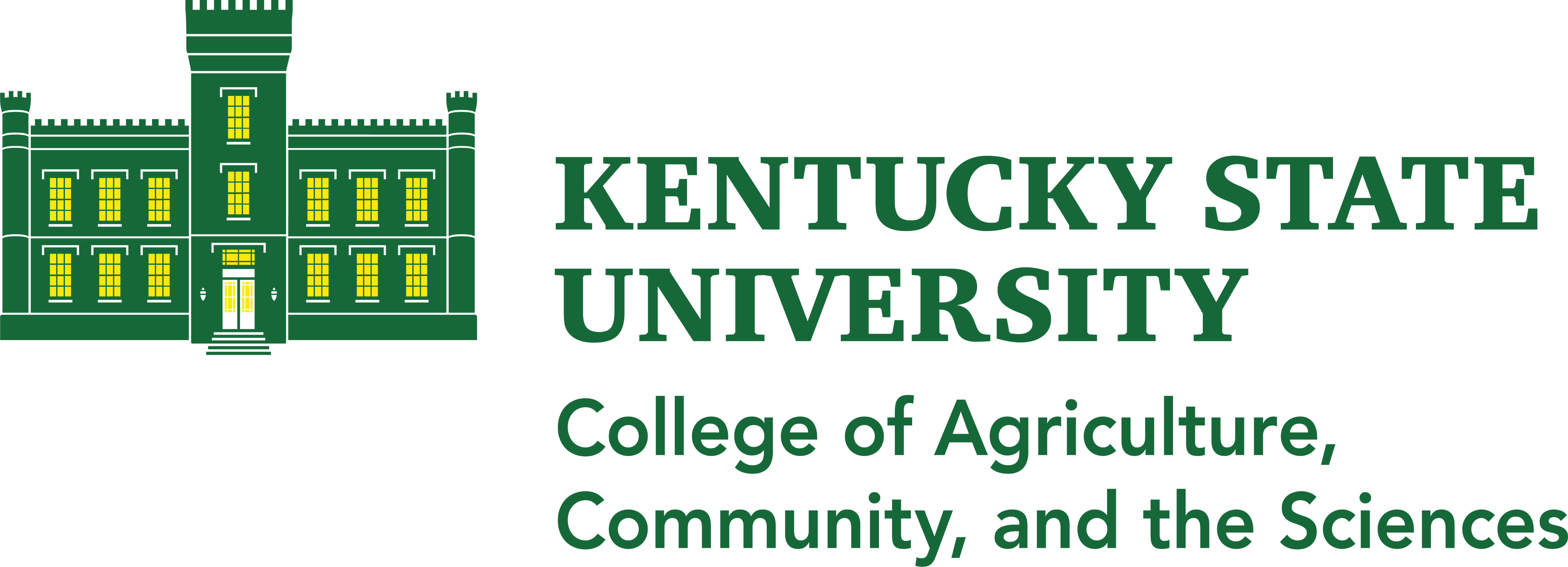Practicing kindness can help heal a broken world
Source: Kerri Ashurst, senior extension specialist for family and relationship development
2020 has been a tough year, as Americans have faced many challenges. As a result, many of us are experiencing emotional, mental, physical and financial struggles. We need kindness more than ever.
Kindness is any act you do that benefits others. Research shows that people who help others in various ways are happier and have an overall better feeling of well-being than those who don’t practice kindness.
Kind acts do not have to take up much of your time or cost you a lot of money. They can be as simple as calling your friends and family to check on them, running an errand for an older neighbor, or letting someone with only a few items check out in front of you at the grocery store when you have a full cart.
You can be kind to others by listening to them, if they come to you with their problems. While you may not feel like the best person to lend support, rest assured that you are the person they choose to confide in. That shows trust.
Extend kindness beyond the reach of your immediate contacts by doing good deeds for complete strangers. You can pay for the person’s order behind you in the drive-thru. You can offer to purchase or provide a nutritious meal for a person who is experiencing homelessness. Donating items, time or money to a charity of your choice is always a good way to practice kindness.
This year, with its deep divisions, has challenged us to take a look deeper into ourselves and review our values, morals and priorities. This makes kindness even more essential than ever. Be kind to others and be willing to listen to them, even if their opinion differs from yours. Be respectful, open-minded and try to understand their perspective.
While kindness may not magically fix all of the world’s problems, it certainly will help start the process. For more information about kindness and other ways to nurture healthy relationships, contact the Franklin County office of the University of Kentucky Cooperative Extension Service.
Educational programs of the Cooperative Extension Service serve all people regardless of economic or social status and will not discriminate on the basis of race, color, ethnic origin, national origin, creed, religion, political belief, sex, sexual orientation, gender identity, gender expressions, pregnancy, marital status, genetic information, age, veteran status, or physical or mental disability.

